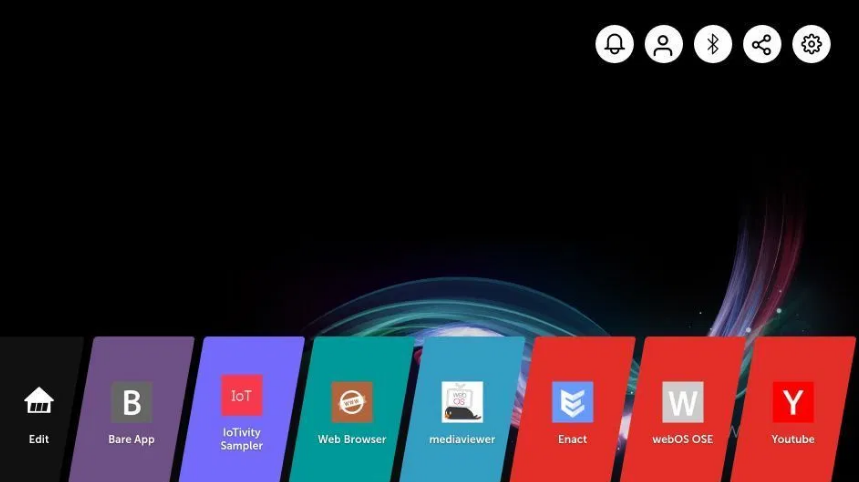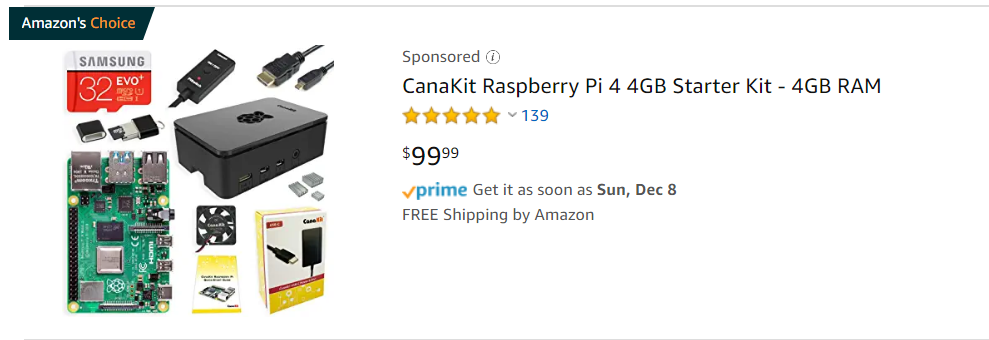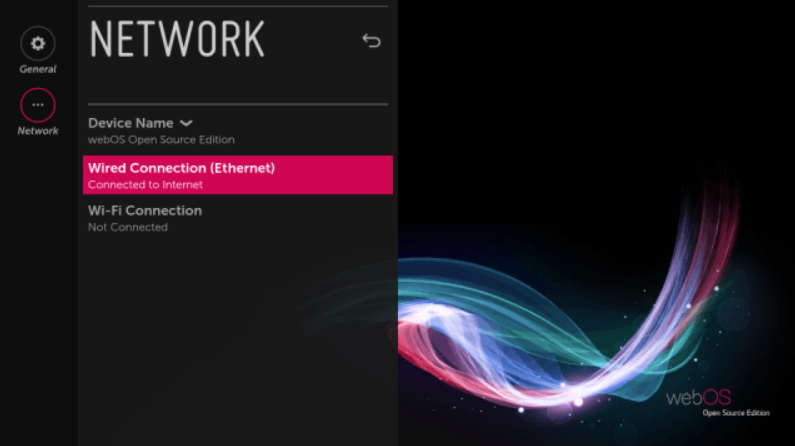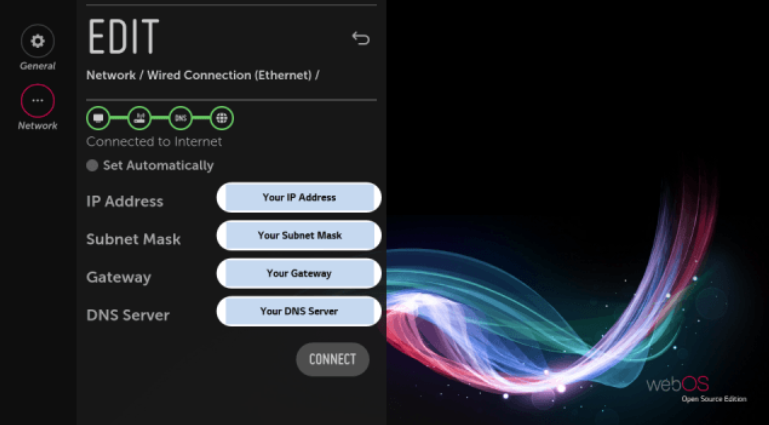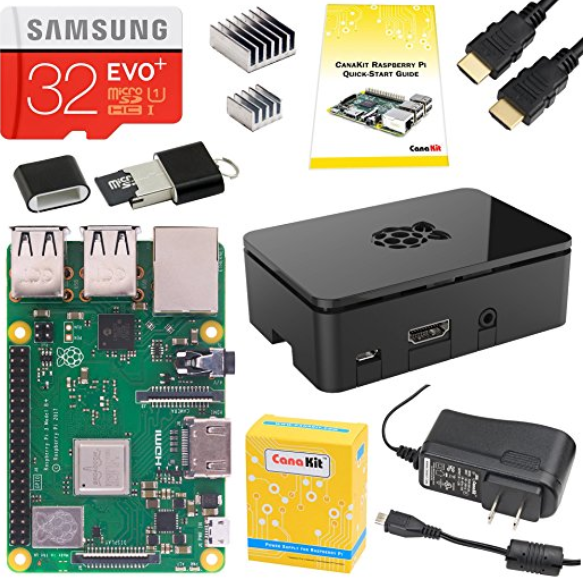Search the Community
Showing results for tags 'rasberry pi'.
-
Android and iOS may currently dominate the smartphone operating system space, but a one-time rival is still alive and kicking. It’s just not designed to run on phones anymore. Last year LG released webOS Open Source Edition in an effort to bring the software to new platforms. And a series of recent updates have added support for new hardware and laid the groundwork for webOS OSE to be used in automotive systems as well as other types of products, WebOS began its life as a smartphone operating system developed by Palm. When HP acquired that company, tablet support was added. After the HP Touchpad tablet was a flop, HP abandoned its smartphone and tablet strategy (for a time) and sold webOS to LG, which has been using it as the foundation for its smart TV software ever since (as well as other smart devices including projectors and refrigerator). The operating system uses a Linux kernel and it’s known for introducing some key design elements that are widely used by mobile operating systems today including a card-based user interface. As for webOS Open Source Edition, it’s been under active development for the past year and a half or so, but it received a major update last month with the release of webOS OSE version 2.0. Among other things, version 2.0 added: A new touch-friendly reference user interface with a card-view Home Launcher Support for the Raspberry Pi 4 (which is now the default reference hardware) Dual-display support Firmware-Over-the-Air (FOTA) support Support for tethering (sharing an internet connection with other devices) Additional security enhancements and software updates The FOTA support is particularly interesting, since the release notes point out that it’s “becoming a requirement in the automotive context.” So the addition of support for delivering firmware updates in this way could help pave the way for webOS OSE to be used to power in-vehicle computer systems. This week, version 2.1 was released, with various other bug fixes and improvements. It’s a less exciting update, but coming a month after version 2.0, it does suggest that development is continuing at a decent pace. Sadly it does not appear that there are any official efforts to bring webOS back to smartphones or tablets… but there is another open-source project aiming to do that. LuneOS is a community driven project that’s been keeping the webOS mobile dream alive since 2014. It’s still very much a work in progress, but we’ve seen versions of the software ported to run on modern(ish) devices like the PinePhone. Get your Rasberry Pi 4 on Amazon! Source: https://liliputing.com/2019/11/webos-open-source-edition-adds-support-for-raspberry-pi-4-dual-displays-and-more.html
-
- rasberry pi
- dual display
-
(and 1 more)
Tagged with:
-
LG has announced an Open Source Edition of its webOS operating it currently uses for its smart televisions. Currently, the Korean company has released an open source version that is specifically aimed towards use on the Raspberry Pi 3 microcomputer, but they want webOS to expand to other devices as well. WebOS was an operating system that was originally developed by Palm for smartphones, with a heavy focus o developing apps using web technologies such as Javascript as well as HTML and CSS. Unfortunately for Palm, webOS never gained much popularity and the software was then bought by Hewlett-Packard, which also failed to make gain a significant market share with webOS. LG is now using the operating system for its recent smart televisions, such as the recently released OLED TVs. The open source version of webOS is the result of an agreement with the Korean National IT Industry Promotion Agency, and LG hopes that the software will of use for start-ups in their home country. The company hopes to expand the use and reach of webOS to a plethora of devices. An SDK has been released for developers as well as a number of technical documents. The webOS Open Source Edition currently is optimized for the Raspberry Pi 3, but also runs on devices with an Ubuntu 14.04 64bit LTS operating system. For reasons unknown, it’s not recommended to run the operating system in a virtual environment. Source: https://techfrag.com/2018/03/22/lg-introduces-open-source-edition-of-webos-for-raspberry-pi-3/ Buy a Rasberry Pi kit on Amazon CanaKit Raspberry Pi 3 B+ (B Plus) Starter Kit (32 GB EVO+ Edition, Premium Black Case)

